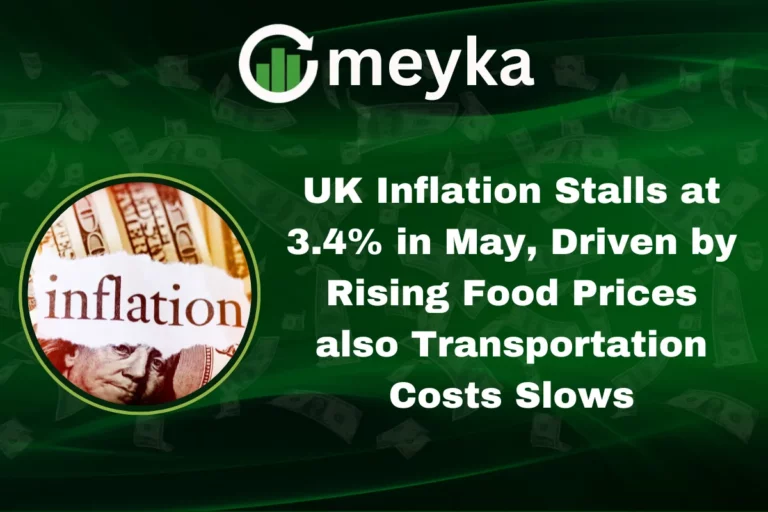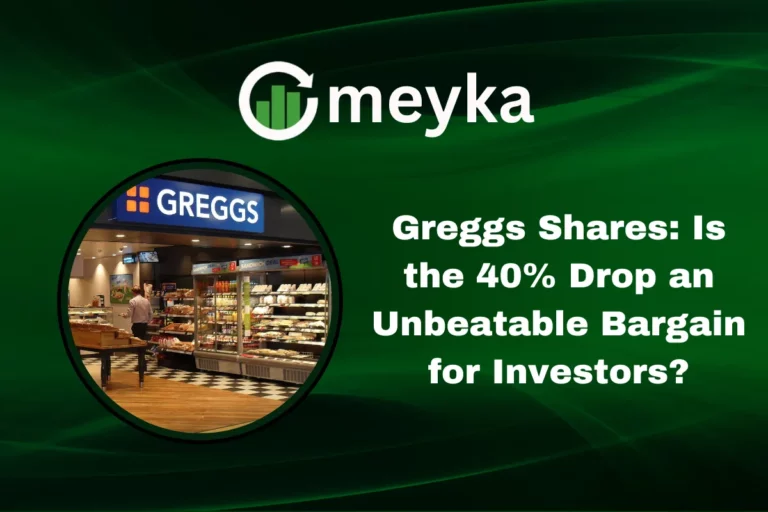Marks and Spencer Ends TCS Contract Following Cyber Attack Investigation
In a major shake-up at Marks & Spencer (M&S), the retailer has formally announced that Marks and Spencer Ends TCS Contract for its IT service desk after a serious cyber-attack prompted a wide investigation. The move signals heightened concern over vendor risk and technology contracts in the modern retail era.
Continue Reading on Meyka
This article is available in full on our main platform. Get access to complete analysis, stock insights, and more.
Read Full Article →





